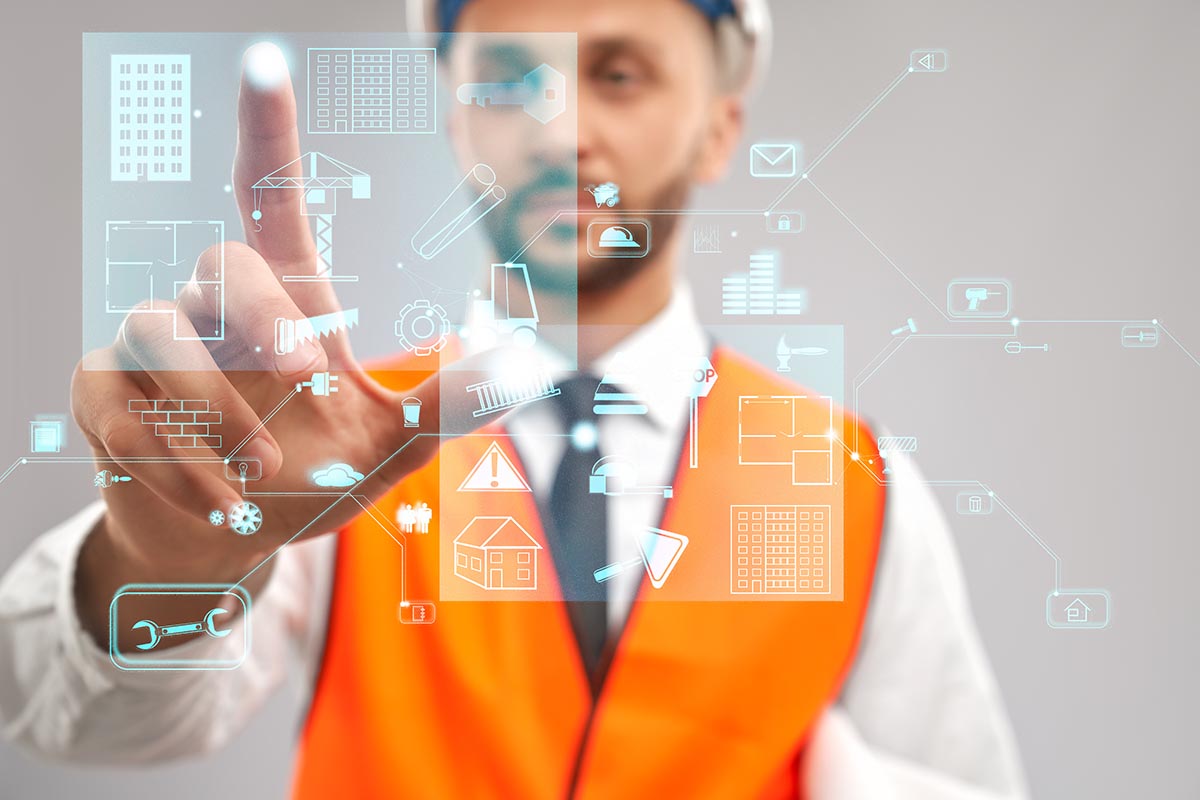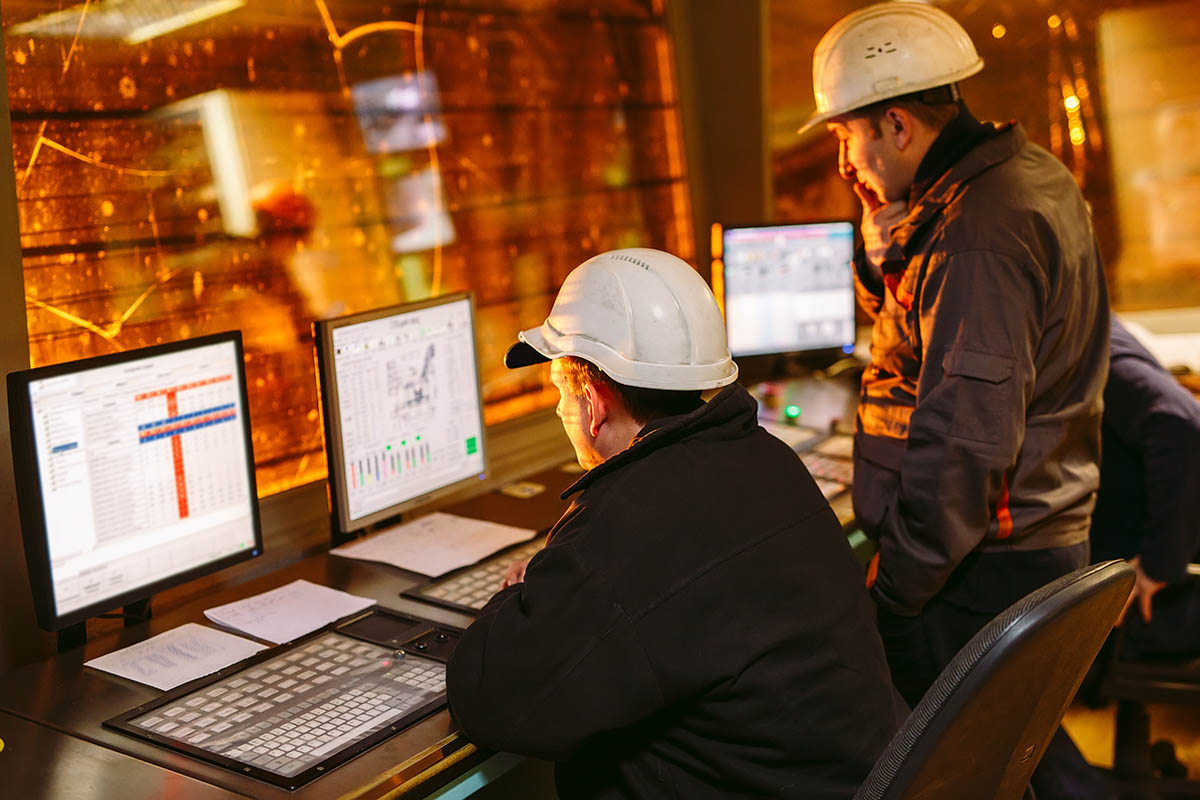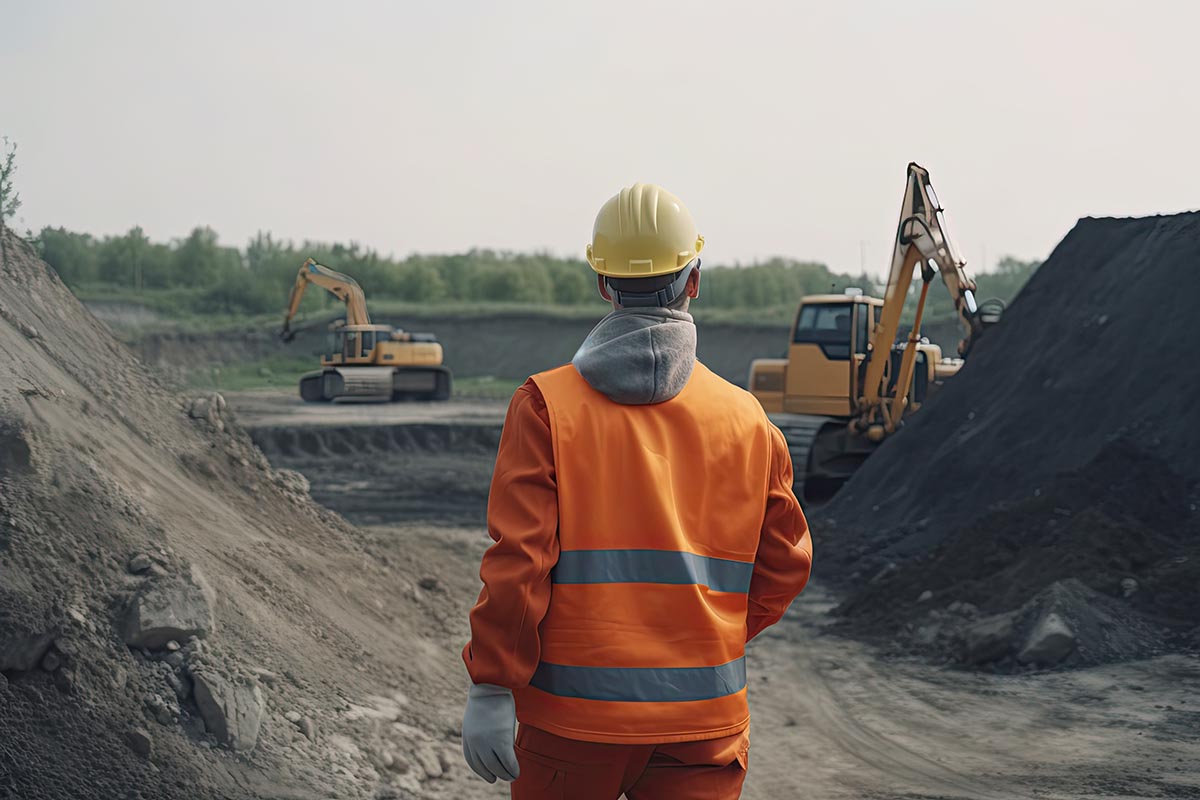How Innovative Technologies Are Changing the Construction Industry
KEY POINTS
- BIM and modular construction are reshaping the industry by enhancing collaboration, reducing errors, and streamlining timelines, leading to more efficient and cost-effective project execution.
- Robotics, automation, and 3D printing are transforming traditional labor-intensive tasks, improving safety, reducing waste, and enabling the creation of complex, customized structures.
- The use of drones, VR, and AR in construction is revolutionizing site surveying, project visualization, and real-time decision-making, enhancing overall project management and safety.
The construction industry has come far from traditional manual labor and hand tools. Over the years, technological advancements have revolutionized how we build, introducing innovative solutions that enhance efficiency, safety, and sustainability.
These cutting-edge technologies are reshaping the construction landscape, from robotics and 3D printing to virtual reality and drones. In this article, we explore how these innovative technologies are changing the industry and creating new opportunities for growth and development.
For instance, Nvidia’s advancements in generative AI and digital twin technologies are set to impact the construction industry significantly. By creating highly accurate digital representations of physical assets, Nvidia’s technology allows for improved construction project planning, design, and management.
These digital twins can simulate real-world conditions, enabling architects and engineers to anticipate potential issues and optimize designs before physical construction begins. Additionally, Nvidia’s AI-driven systems can enhance robotic automation on construction sites, making tasks safer and more efficient.
Integrating these technologies promises to streamline project workflows, reduce costs, and improve safety standards, marking a significant leap forward for the construction sector.
Building Information Modeling (BIM)
BIM allows for the creation of detailed 3D digital models integrating information about a building’s design, materials, and functionality. It also enables stakeholders to collaborate more effectively, reducing errors and optimizing the construction process. Streamline project timelines, improve cost accuracy, and facilitate better communication between architects, engineers, and contractors with BIM.
Prefabricated Construction
Also known as modular construction, this system has gained significant traction in recent years. It involves building components off-site and assembling them on-site, reducing time and costs.
By standardizing processes, prefabricated construction improves quality control and eliminates weather-related delays. It also allows for design flexibility, making it easier for prefabricated construction specialists like villcon ab to meet specific project requirements. The result? Faster project completion, reduced waste, and increased cost savings!
Robotics and Automation
Robots and automation have found their way into the construction industry, transforming labor-intensive tasks. These systems can precisely and quickly perform repetitive tasks, such as concrete pouring and even painting.
They also reduce human error, increase efficiency, and improve safety on construction sites. By taking on physically demanding and hazardous tasks, these machines can free up human workers enabling them to focus on more complex activities, ultimately increasing productivity.
3D Printing
Also known as additive manufacturing, 3D printing can potentially revolutionize this industry. This incredible technology allows for the creation of intricate and customized building components, reducing material waste and construction time.
Its complex architectural designs (that were once difficult to achieve) can now be realized with ease due to the enablement of on-site printing, eliminating the need to transport bulky prefabricated components and increasing the potential to create sustainable, cost-effective, and environmentally friendly structures.
Drones
With high-resolution cameras and sensors, drones can quickly and accurately capture aerial imagery of the building sites. This enables efficient surveying, progress tracking, and site analysis.
They also facilitate hard-to-reach inspection, improving your workers’ overall safety and reducing the need for manual inspections. Drones enhance decision-making and enable better management by providing real-time data.
Virtual Reality (VR) and Augmented Reality (AR)
These technologies transform how architects, engineers, and clients visualize and interact with their projects.
- VR: Allows users to immerse themselves in a virtual environment, experiencing a project before it is built. This facilitates design review and helps to identify potential flaws and improvements required – in a simulated environment.
- AR: Overlays virtual elements into the real world, offering real-time information during construction or maintenance.
These technologies can help improve communication, reduce errors, and enhance engagement.
Sustainable Construction
Energy-efficient solutions, such as smart HVAC systems, solar panels, and advanced insulation, are reducing the carbon footprint of buildings. Innovative technologies enable the integration of sustainable practices into the construction process, promoting energy conservation and environmental stewardship.
Advanced Safety Systems
Innovative technologies are playing a crucial role in improving safety.
- Sensor-based technologies and wearable devices can monitor workers’ health and detect potential hazards.
- Real-time tracking systems ensure the timely evacuation of personnel in case of emergencies.
- AI-powered algorithms analyze data to identify patterns and prevent accidents.
These advanced safety systems can minimize risks, creating a safer working environment.
The Future of Construction: Integration of Artificial Intelligence (AI)
AI algorithms can analyze vast amounts of data to optimize construction processes, predict project outcomes, and automate decision-making.
Machine learning algorithms enable systems to improve and adapt, continuously enhancing efficiency and reducing costs. From project planning and risk assessment to supply chain management, AI has the potential to reshape every aspect of this industry.
A Franchise Opportunity in Hydraulic Hose Repair
Within this era of technological advancements, there are also opportunities for entrepreneurial individuals to revolutionize specific segments of the industry. Pirtek, a leading hydraulic hose repair franchise, provides an innovative solution for construction equipment maintenance.
Focusing on mobile service, they offer on-site hydraulic hose repairs and replacement, ensuring minimal downtime for construction machinery.
By investing in this franchise, you can tap into the growing demand for reliable and efficient hydraulic repair services, positioning yourself at the forefront of the construction sector.
Innovative technologies in the construction industry: conclusion
The construction industry is experiencing a profound transformation through innovative technologies. Embracing these advancements is essential for construction professionals and entrepreneurs to stay competitive and meet the industry’s evolving demands.
As we look to the future, the integration of innovative technologies will continue to revolutionize construction, creating new opportunities for growth and development.





















